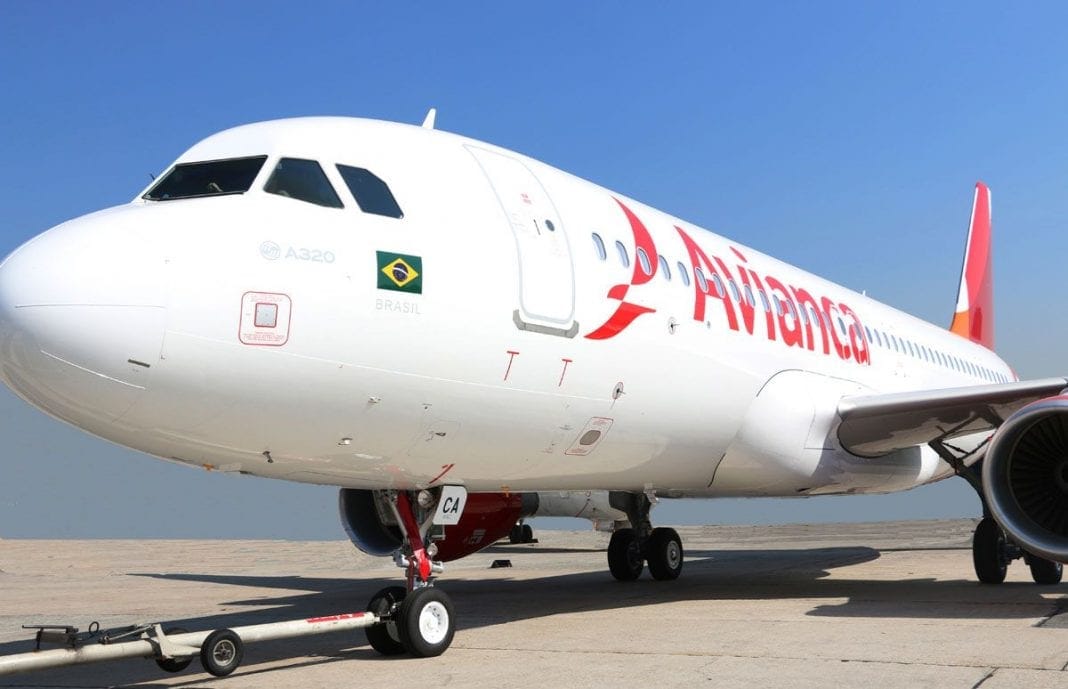When it comes to hotels, Lyndhurst isn’t exactly busting at the borders with them. The 4.6-square-mile township has three, all near the Route 3 corridor.
But Lyndhurst officials want to make sure they’re collecting every penny of hotel occupancy tax owed. And there’s one group they believe has been shirking its full responsibility on that front — travel websites. To get what the township says is its fair share of taxes, Lyndhurst has filed a federal lawsuit against a handful of travel websites such as Priceline, Travelocity and Expedia.
The complaint, which appears to be the first in New Jersey but the latest of dozens filed around the country, accuses the companies of shortchanging towns out of hotel occupancy taxes.
Attorneys who filed the lawsuit said they hope to make it a class action encompassing all 147 towns in the state that impose a hotel tax. The complaint, filed last week in federal court in Newark, said the amount in question exceeds $5 million, but it was unclear how lawyers arrived at that figure.
“They (towns) are getting cheated out of the differential between what the customer is paying and the travel sites are paying” to buy the rooms, Roseland attorney Lindsey Taylor said earlier this week. “If it’s $5 or $10 here and there, it may not be that much on a per-customer basis, but it adds up.”
The state collected $39.8 million in hotel occupancy taxes during the last fiscal year, which ended in June 2007, according to the Division of Taxation. During that same period, Lyndhurst, which has an ordinance assessing a 3 percent room tax, took in $337,117.
As outlined in the complaint, the internet travel sites negotiate room prices with hotels at a wholesale rate, then charge travelers who book through their websites a higher retail rate. However, the companies remit taxes only on the lower wholesale rate, the lawsuit charged.
An official at a trade group representing many of the companies being sued said the websites are merely travel intermediaries that don’t actually rent out hotel rooms. The difference between what those companies pay hotels for a room and what they charge customers for that same room are fees and service charges, not room markups, said Art Sackler, executive director of the Interactive Travel Services Association.
“They’re wrong on the facts and on the law and they are futilely pursuing what is pretty wasteful litigation,” Sackler said. “There are no taxes that are being recovered that are not being sent back for remittance to the taxing authorities.”
Priceline and Travelocity declined to comment and referred questions to Sackler’s group.
Online leisure travel bookings will account for 61 percent of all travel booked this year, according to travel industry research firm PhoCusWright, based in Sherman, Conn. Online travel agencies are expected to garner 40 percent of the nearly $33 billion in gross bookings for hotel leisure travel in 2008, PhoCusWright said.
Carroll Rheem, director of research at PhoCusWright, is familiar with the hotel tax debate.
“It’s one of those things that’s a pretty unique situation,” she said. “I really do see both sides.”
The first lawsuit on the issue was filed in December 2004 by Los Angeles on behalf of all California towns. That case was thrown out on procedural grounds and the city is pursuing administrative remedies.
Since then, cities in Texas, Pennsylvania, California, North Carolina and elsewhere have filed similar complaints.
Sackler estimated 10 of the cases were dismissed on procedural grounds and a couple of others thrown out on merit. But last month, a federal judge in Texas granted class-action status to a lawsuit filed by San Antonio, clearing the way for as many as 175 Texas towns with a hotel tax to join the case.
A trial has been set for June 2009, and the claim is furthest along in the legal process of all the pending cases, said Paul Kiesel, a Beverly Hills attorney involved in the San Antonio case who also filed the Los Angeles lawsuit.
The New Jersey native said that if towns win, they would be in line to collect “a ton of dollars” from the website operators.
“It won’t change from the consumer standpoint,” Kiesel said. “The industry would have you believe having them collect the taxes on the retail price of the room would impact tourism. But it won’t.”
nj.com
WHAT TO TAKE AWAY FROM THIS ARTICLE:
- A trial has been set for June 2009, and the claim is furthest along in the legal process of all the pending cases, said Paul Kiesel, a Beverly Hills attorney involved in the San Antonio case who also filed the Los Angeles lawsuit.
- But last month, a federal judge in Texas granted class-action status to a lawsuit filed by San Antonio, clearing the way for as many as 175 Texas towns with a hotel tax to join the case.
- The complaint, which appears to be the first in New Jersey but the latest of dozens filed around the country, accuses the companies of shortchanging towns out of hotel occupancy taxes.








![China's Hyperloop Train: A Glimpse into the Future of Transportation 6 Travel Tourism News | Domestic & International Hyperloop Train China [Photo: Hyperloop Transportation Technologies]](/cdn-cgi/image/width=145,height=100,fit=crop,quality=80,format=auto,onerror=redirect,metadata=none/wp-content/uploads/2024/02/180720163348-hyperlooptt-china-capsule.jpg)













